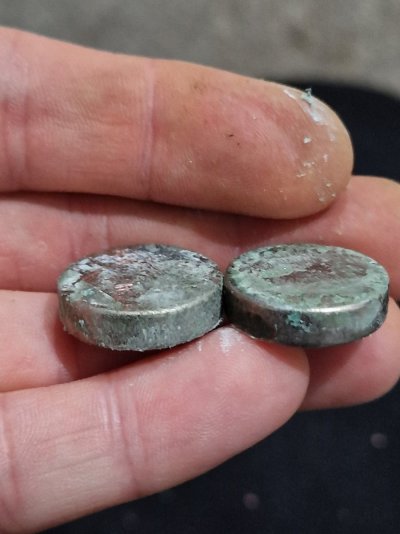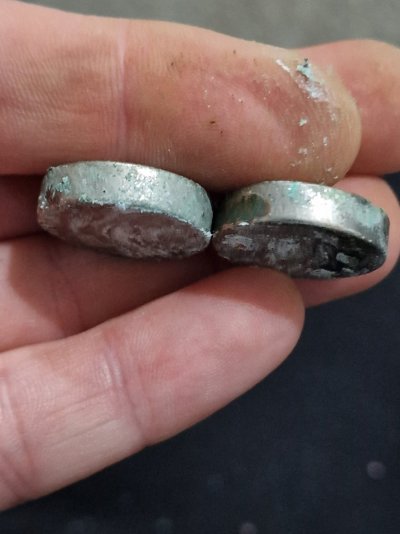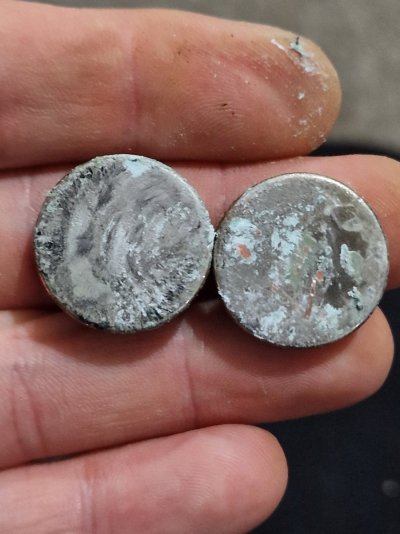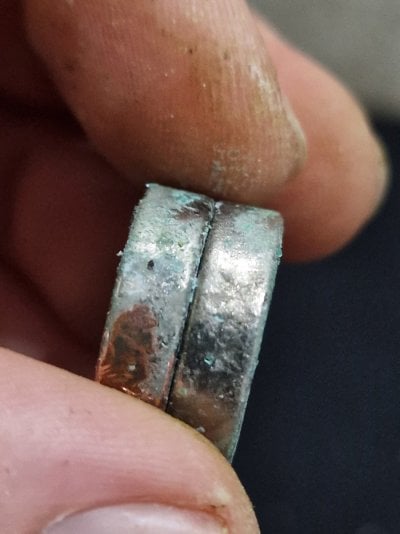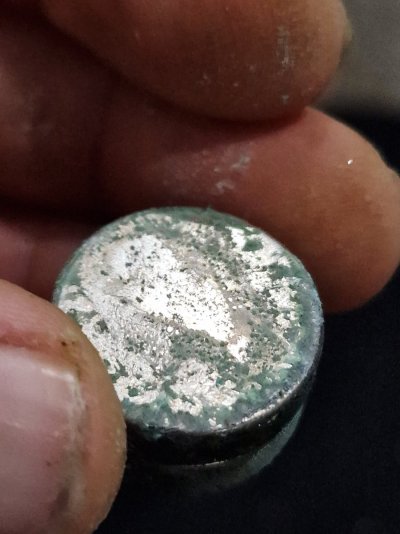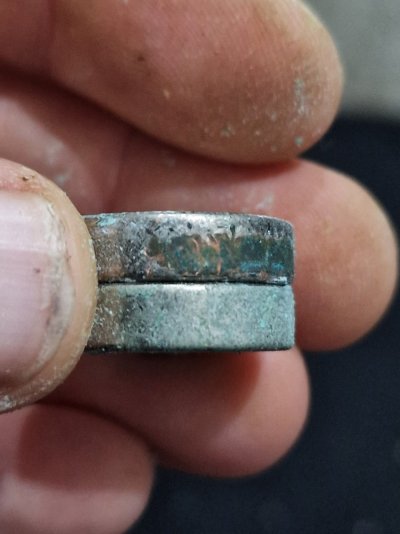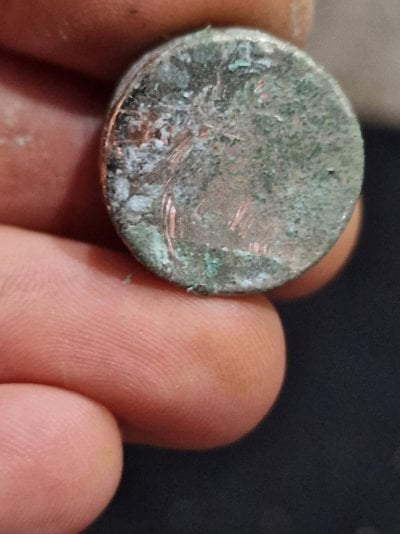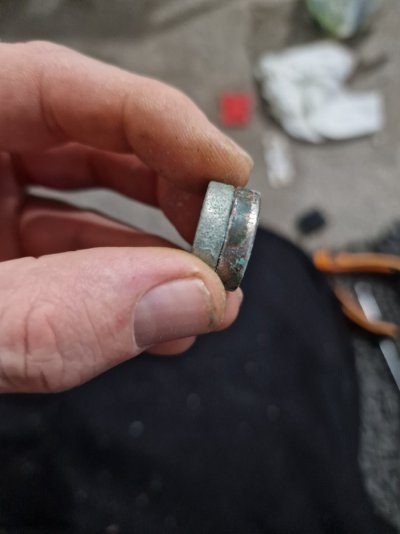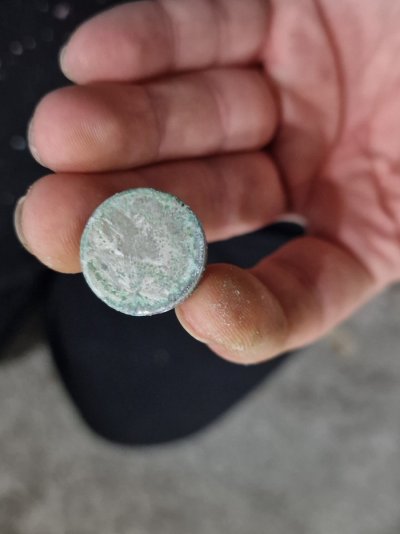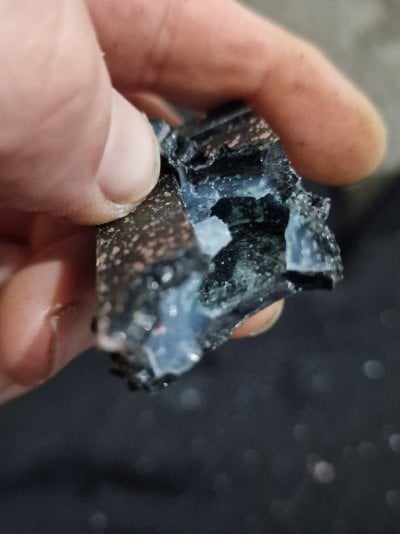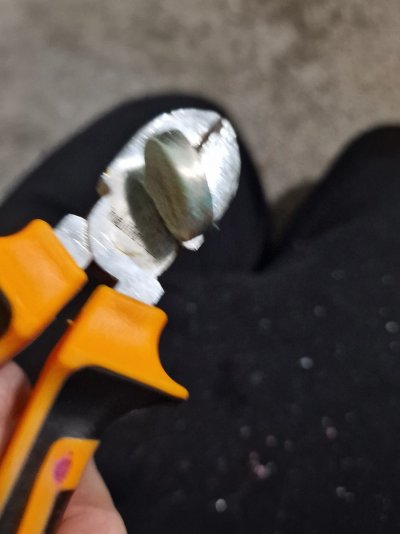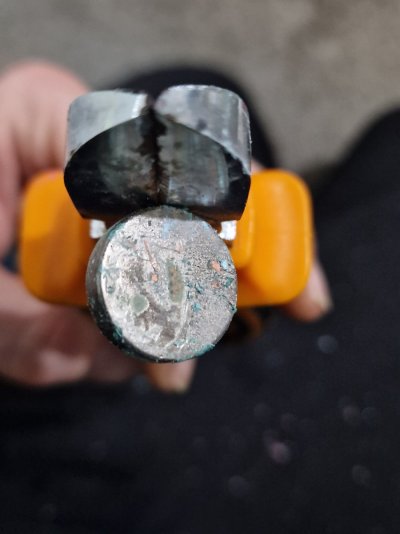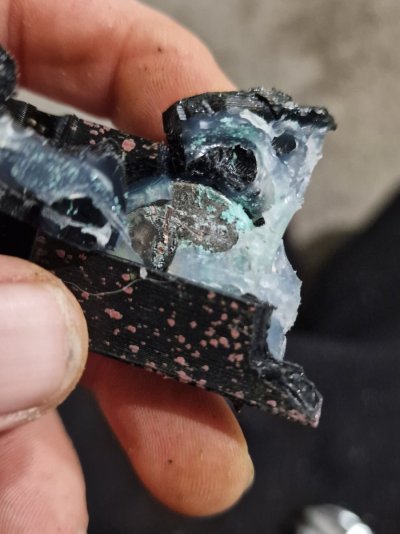- Joined
- Mar 28, 2020
- Messages
- 26
- Reaction score
- 26
Why are magnets bad for the reef tank?
I have read many threads where individuals blame magnets for all kinds of misery. I am getting ready to make some magnetic accessories for my tank but I want to be prepared for my consequences if I fail to adequately protect them from poisoning my tank.
I am looking for real explanation and not assumptions please. Also what chemical would I or can I test for to measure a magnets affect on the tank.
Thank you
I have read many threads where individuals blame magnets for all kinds of misery. I am getting ready to make some magnetic accessories for my tank but I want to be prepared for my consequences if I fail to adequately protect them from poisoning my tank.
I am looking for real explanation and not assumptions please. Also what chemical would I or can I test for to measure a magnets affect on the tank.
Thank you













